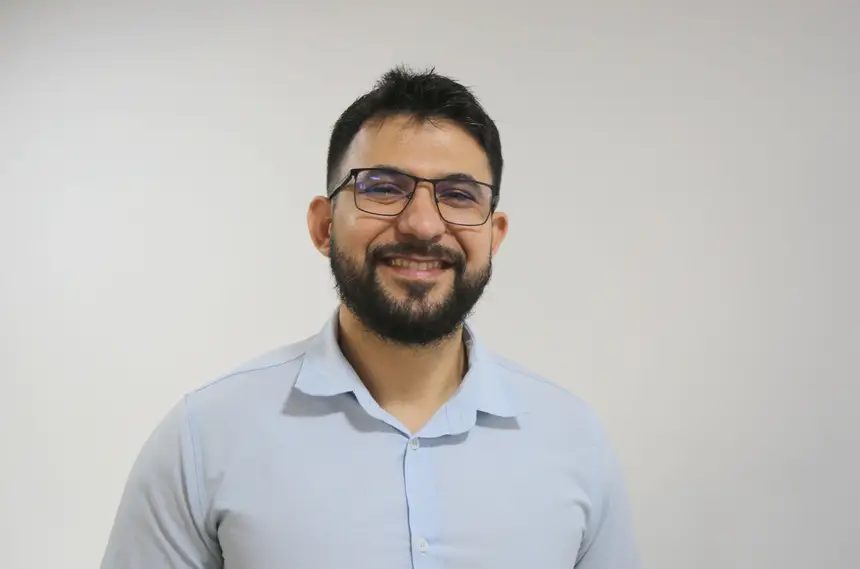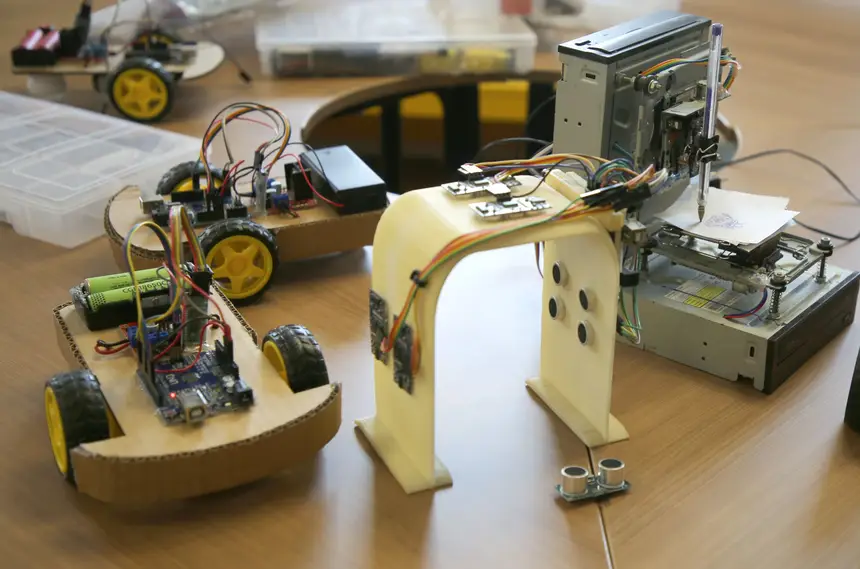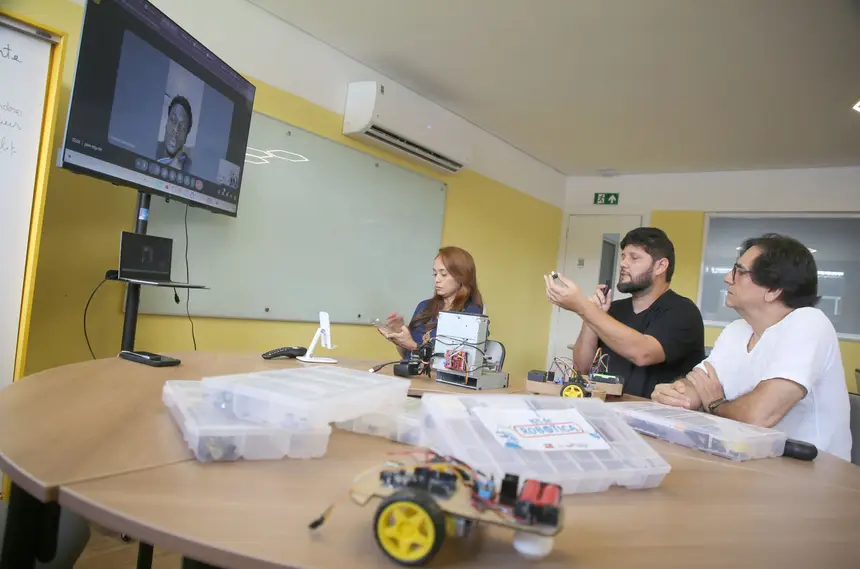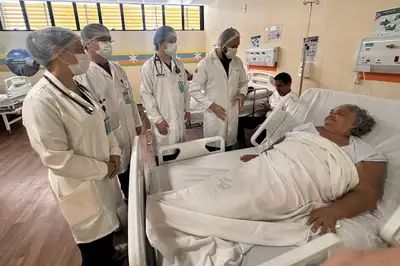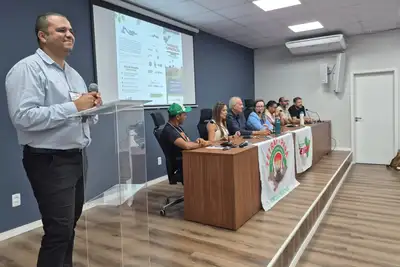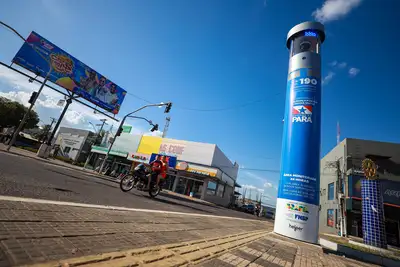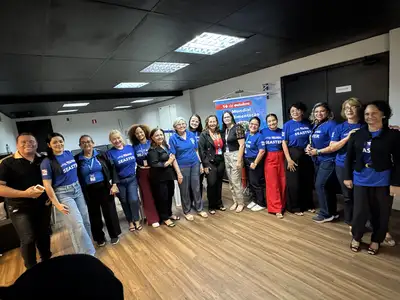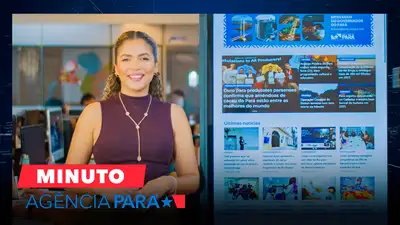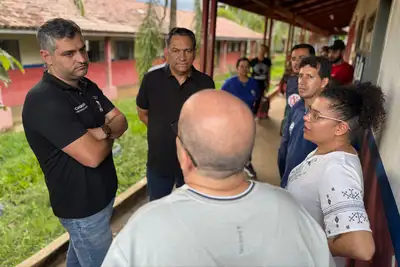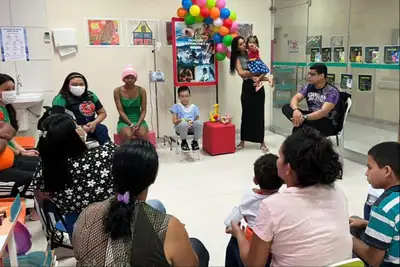Seduc brings educational innovation to Africa through the Innovation Center (Ciseb)
International partnership aims to share innovative pedagogical practices from Pará with Angolan students and teachers
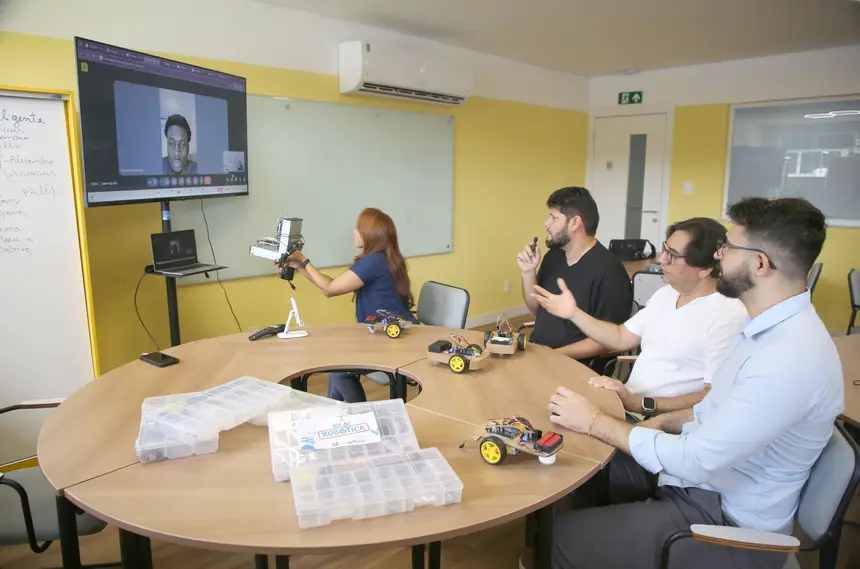
The State Department of Education of Pará (Seduc), through the Center for Innovation and Sustainability in Basic Education (Ciseb), has established an international partnership that will bring innovative experiences from Pará's education to Africa.
The Ciseb provided infrastructure and technical support for the execution of the EDUCIBA Project – Education and Cyberculture Brazil-Angola, coordinated by Pará researcher Joelma Almeida. The initiative promotes formative practices mediated by digital technologies in network, bringing Brazilian and Angolan school communities closer together.
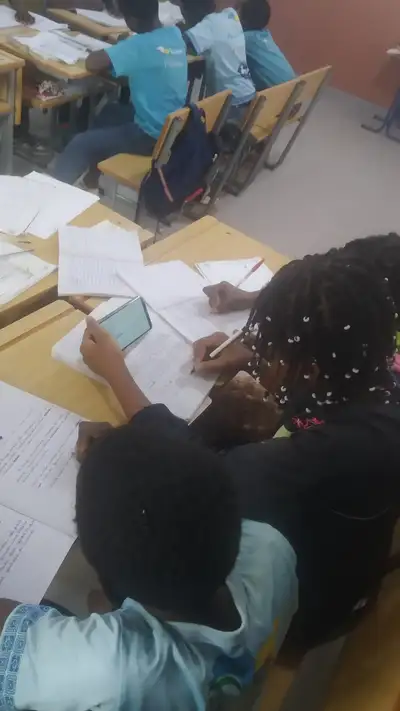
In addition to the work of Ciseb teacher, Lennon Pereira, a specialist in Robotics and Artificial Intelligence applied to Education, who conducts weekly mentoring with the project team. These trainings are developed in partnership with the Research Center in Education and Cyberculture (NUPEC/IFPA), strengthening the exchange of knowledge between Brazil and Angola.
“This project with Africa is a great opportunity for dialogue and knowledge exchange. While we teach, we learn from them how to apply this knowledge in different contexts. I feel very proud to be part of this initiative and to contribute to transforming the local reality, directly impacting the lives of students,” highlighted Professor Lennon.
The actions are developed at Allan Kardec School, located in Luanda, the capital of Angola, where teachers and students participate in formative activities that combine robotics, sustainability, and digital inclusion. The experience has generated significant results, such as improved student performance in mathematics, greater autonomy and critical awareness, as well as strengthening student authorship. At the school, there is a mediator teacher, Osmany Calundungo, who also works as a teacher at the school.
“The partnership with Ciseb has been a transformative experience. In the classroom experience, we realize how the project has changed the way students see school and their own lives. They have come to believe that they can create solutions and use technology to transform the reality of the community. It is a direct impact on their future and ours as well,” explains Professor Osmany.
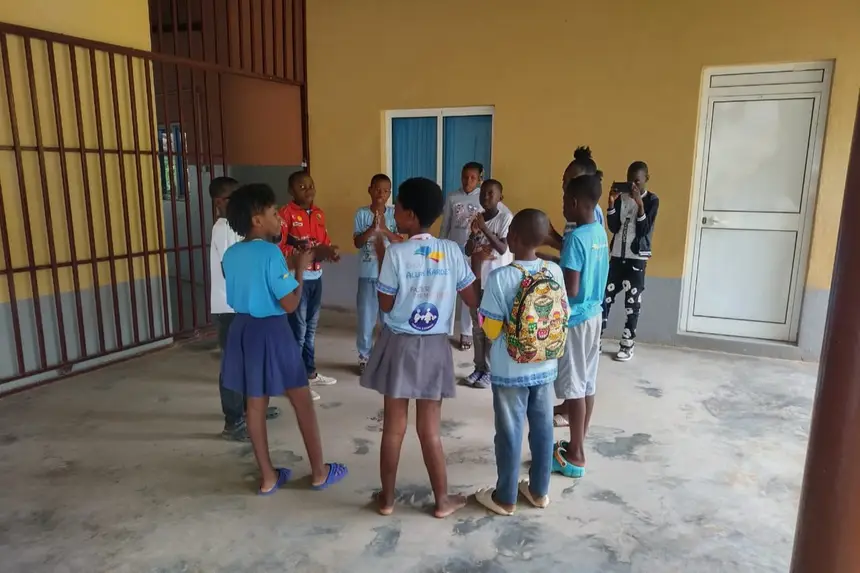
Since 2023, the project has already consolidated several training stages, involving topics such as cyberculture, metaverse, augmented reality, audiovisual production, and immersive technologies. Currently, the Educational Robotics stage is being developed, which aims to introduce Angolan students and teachers to computational thinking and the creation of sustainable solutions for everyday life.
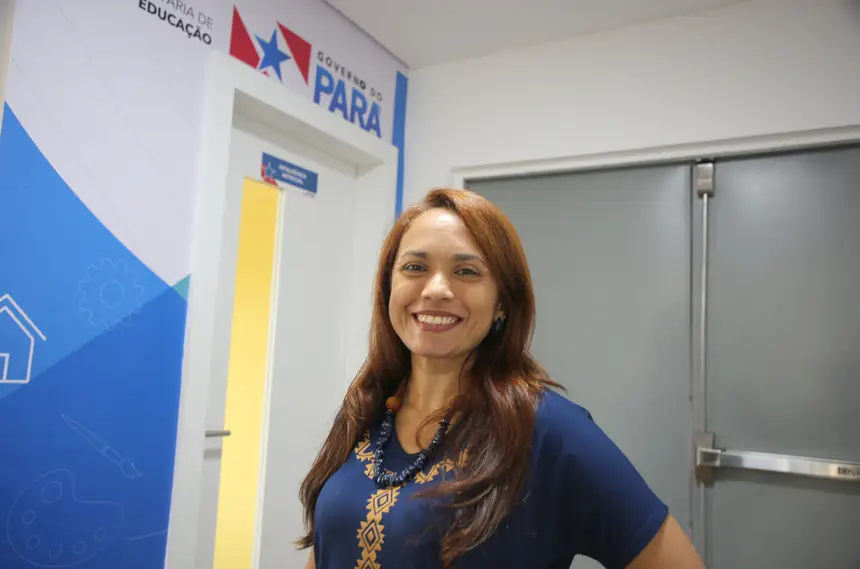
For Professor Joelma Almeida, project coordinator, the formative mission supported by Ciseb represents more than a cooperation action. “Our mission at this stage is to promote learning of computational language, robotics, and technological mediation to broaden possible horizons for African children and teachers, allowing them to recognize themselves as active subjects of the cybercultural world,” she emphasizes.
The partnership marks an important step in the process of internationalizing educational practices from Pará, aligning pedagogical innovation, sustainability, and digital inclusion with the perspective of strengthening educational cooperation between Brazil and Angola.



